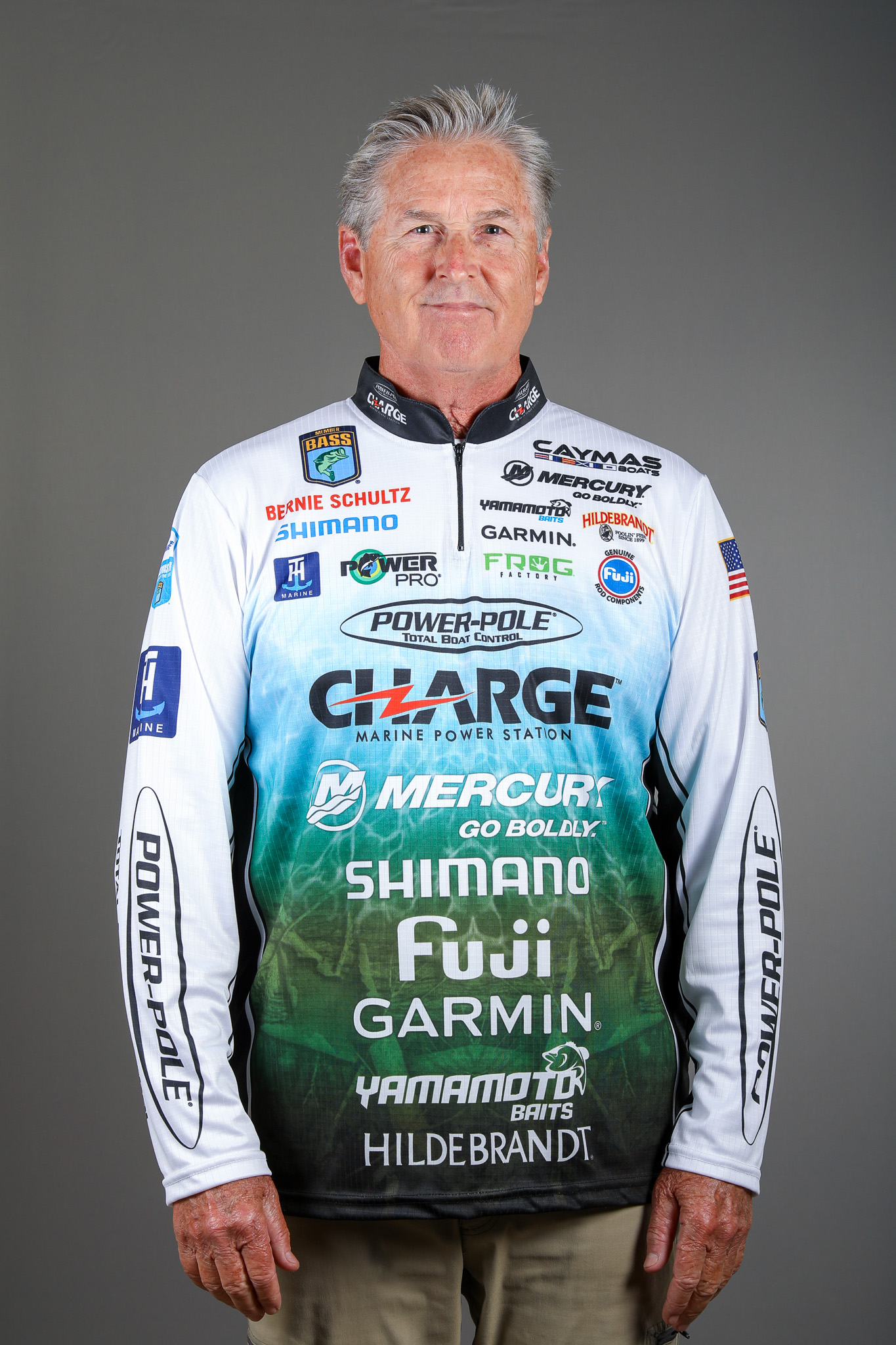
In competitive fishing, it’s what an angler can accomplish within a limited time period that counts. And in most cases, that’s about eight hours … provided conditions allow for it.
Unfortunately, some days are shorter than others. Inclement weather — electrical storms, high winds, heavy fog and more — can severely limit the time we’re allowed.
Other potential hazards include long distance runs, excessive fuel consumption or mechanical failures. And no matter how efficient an angler might be at managing his time on the water, unforeseen setbacks like these can destroy his chances for success — not only in a single event, but potentially an entire season.
St. Johns setback
Two years ago, during an Elite Series event on the St. Johns River, I was two minutes late for check-in — a seemingly minor miscalculation at the time that later proved to be disastrous.
It was the second event of the season, and I was off to a great start. The opener was on Lake Seminole, where I scored a top 10 finish, and I was anxious to keep that momentum going. Unfortunately, at the end of Day 2 on the St. Johns, when it was time to head back for weigh-in, I neglected to compensate for a strong incoming tide. And what would have normally been a 50-minute run took two additional and very crucial minutes.
According to B.A.S.S. rules, for every minute an angler is late to official check-in, he suffers a 1-pound penalty — up to 15 minutes. After that, his entire day’s catch is disqualified.

So, by being two minutes late, it cost me two pounds — which, in that event, translated to eight places lower in the standings. Had I been on time, I could have held on to those points. And here’s the really hard part: With eight additional points, I would have tied Cliff Prince for the last qualifying position to the 2015 GEICO Bassmaster Classic!
Needless to say, that was a very bitter pill to swallow. But I’m not the only one to pay a major price for being late. Numerous other pros have been stung by the late penalty.
Time waits for no Mann
Tom Mann Jr. experienced a similar outcome. Competing in the final event of the 1996 season, Tom’s chances of qualifying for the Bassmaster Classic were on the line. He needed a money finish to get there.
Late on the final day of the Lake Eufaula Invitational, Tom had only two bare keepers in the box. He had all but given up, when, in the distance, he noticed a boat speeding in his direction. It was friend and fellow competitor Kevin VanDam.
Kevin had a huge stringer of bass in the livewell and was returning early to check-in. When he recognized Tom’s boat, Kevin stopped to check on his status. Hearing Tom’s dismal response, Kevin said, “Follow me,” and together, they ran back to the spot where Kevin had caught all his fish. Once Tom was lined up correctly, Kevin told him where and what to throw, then sped off to weigh-in.
On his very first cast, Tom hooked up with a 6-pounder. His next cast yielded a solid three. Racing against time, he made a few more casts then pulled the trolling motor and headed toward check-in … believing he had enough weight to make the Classic.

When he reached the check-in area, Tom noticed there was still enough time to make a few more casts and, perhaps, finish his limit … or so he thought.
In reality, Tom was already late. He just didn’t know it. He believed his check-in time was 10 minutes later than it actually was. Sadly, he did have enough fish to qualify. But the late penalty cost him a trip to the Bassmaster Classic.
He said it was the lowest point of his career.
Locking against the clock
Gary Klein is another casualty of the late penalty. While fishing the 1987 Bassmaster Classic on the Ohio River, Gary, like several other competitors, was locking through to the next pool south — a gamble he knew had potential consequences.
Early on the first morning, Gary asked the lock tender what time he needed to return in order to make it through safely. The lock tender told him no later than 12:30 p.m. With that in mind, Gary ran 40 more miles south to his best area and ended up catching a solid limit of bass.
Satisfied with his weight, he then ran back to the lock, arriving a good 15 to 20 minutes early … only to find the doors closed and the water rising inside.
For whatever reason, the lock tender failed to honor the specified time. Gary sat there helplessly with a livewell full of fish, knowing there would be no way to make it to check-in on time. He was devastated. His 9-pound limit would have propelled him to the top spot. Instead, he zeroed that day and had to watch as George Cochran went on to win with one of the lowest weights ever recorded in Classic history.
It’s important to note that Gary Klein has qualified for 30 Bassmaster Classics, yet he’s never won one. Had he only made it to weigh-in that day, Gary could have secured the one title that has eluded him all these years.
So, no matter who you are or what level of the sport you compete at, the clock trumps all facets of competition. Get to check-in on time and you’re fine. Arrive late and you could pay a hefty price.
Perhaps some of you have experienced something similar. If so, be sure to share in our forum below.





